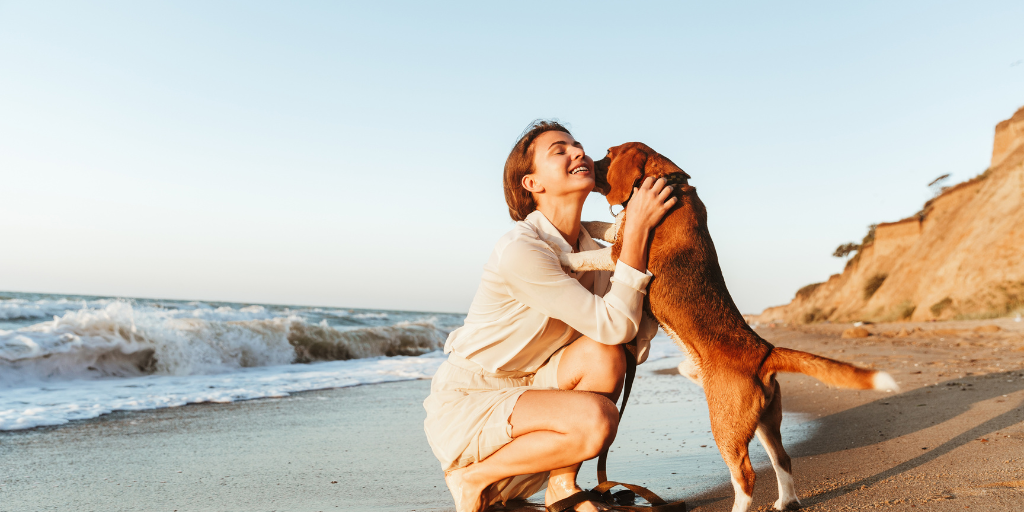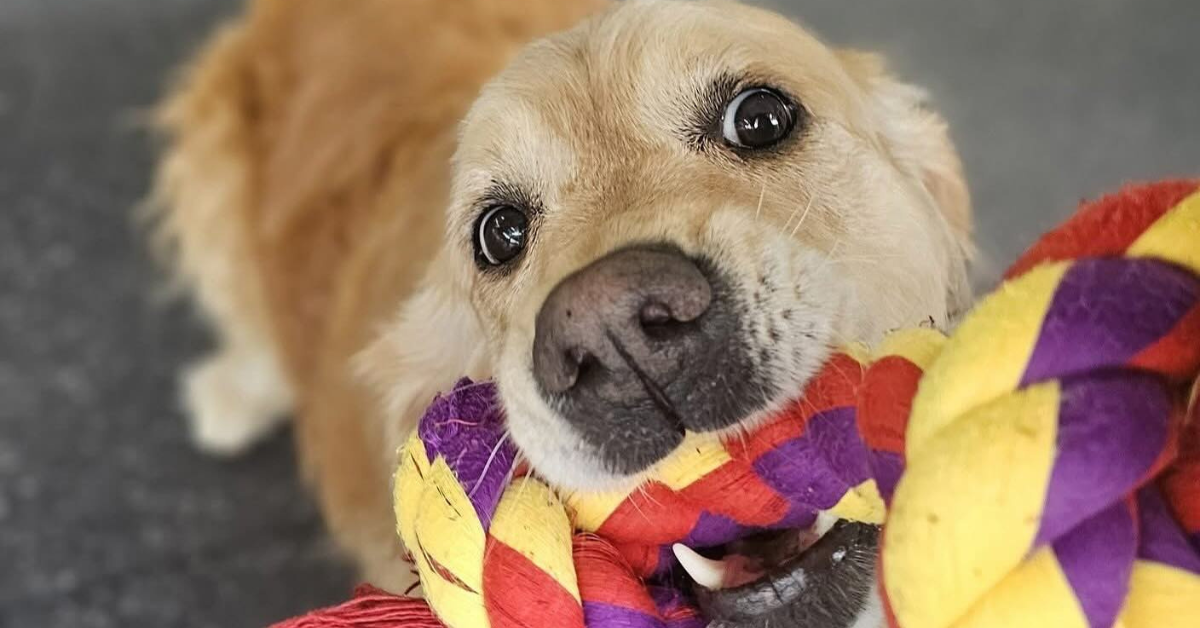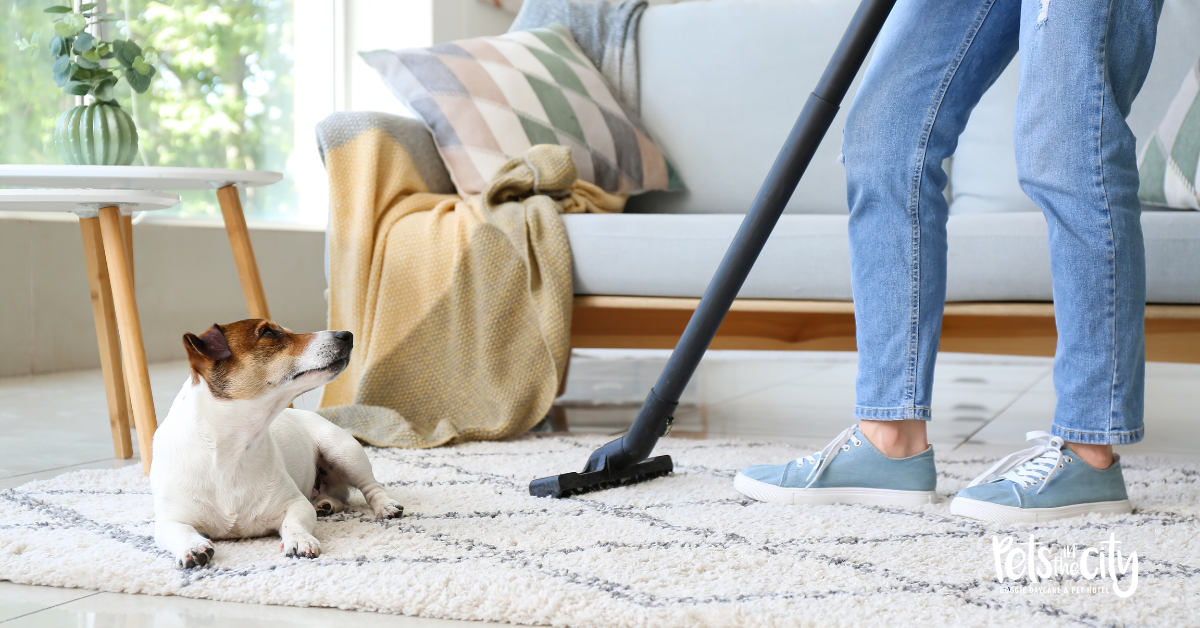Is dog day care actually worth the cost? What do dogs get out of it?
If you’re an Auckland dog parent weighing up day care costs, you’re not alone. Busy workdays, winter darkness, and travel plans can leave even the...

Ever wondered why your dog eats poo?! I mean, surely it can't taste yummy!!
As dog trainers we often get owners asking us why their dog eats poo? So we thought we'd cover off this topic, some of you may find it disgusting and maybe your dog pays poo no attention at all; and some of you may find this topic informative and interesting and help you understand why your wee, furry companion has a taste for it ... ewww ...
Firstly, it's called Coprophagia (yep there is a scientific name for poo eating). Coprophagia refers to the habit of dogs eating faeces, whether their own, that of other animals, or even from humans. While we may find this behaviour repulsive, lets understand why dogs engage in coprophagia and how to manage it effectively.
Instinctual behaviour: Dogs are natural scavengers, some more than others. In the wild (not that the domesticated dog is classed as a wild animal), consuming faeces could be a survival strategy to obtain nutrients or eliminate waste. Mum dogs will naturally clean up the faeces of their new pups to keep the environment clean.
Puppy curiosity: Life for a puppy is explored through its mouth and this does include investigating faeces.
Attention seeking: Dogs love attention and as owners we give positive attention through praise, pats and play; but we may also give negative attention through our tone of voice or our body language. If attention seeking is very high up in your dogs 'need' then some dogs may eat faeces to get your attention.
Medical reasons: Certain medical conditions such as parasites or malabsorption can lead to coprophagia as a dog tries to compensate for nutrient deficiencies.
Behavioural: Boredom, lack of stimulation, or anxiety can lead to coprophagia as either a self-soothing or attention seeking behaviour.
Vet check up: Firstly rule out any medical issues with a thorough health check by your vet.
Diet: Ensure your dog is receiving a balanced diet suitable for a dog. It doesn't matter if you are kibble or raw feeding, or something in between, dogs need a balanced, nutritional diet.
Clean environment: Regular poo pick-up from your yard, run or area your dog hangs around, reducing the opportunity for them to have a nibble.
Training and Distraction: Use positive reinforcement training methods and teach cues such as Leave, Drop and Come. To prevent boredom make sure there are things to do for your dog when you're not home (enrichment) or get them out for a walk (physical).
Supervising: If you have a poo eater then supervise their toilet times at home and pick up before the need for them to do it happens. Or when you're on a walk keep an eye out for those grass-berm poos left behind by other dogs owners (lets not talk about that!!) and move your dog away from those wee parcels of delight.
Training help: If coprophagia continues despite preventative measures consult a professional dog trainer or vet behaviourist.
So there you have it - hope you didn't read this whilst eating your breakfast! Remember, whilst coprophagia may be unpleasant to witness, it can be effectively managed by addressing underlying causes, providing a clean environment and using positive training methods.

If you’re an Auckland dog parent weighing up day care costs, you’re not alone. Busy workdays, winter darkness, and travel plans can leave even the...

Your complete Auckland-proof plan for turning Guy Fawkes from "Boom-pocalypse" to "Bunker-and-Chill" Why Your Dog Thinks the Sky is Falling (And Why...

If you’ve just welcomed a new pup into your Auckland home, you’ve probably heard that “socialisation is everything.” But what does that really mean,...